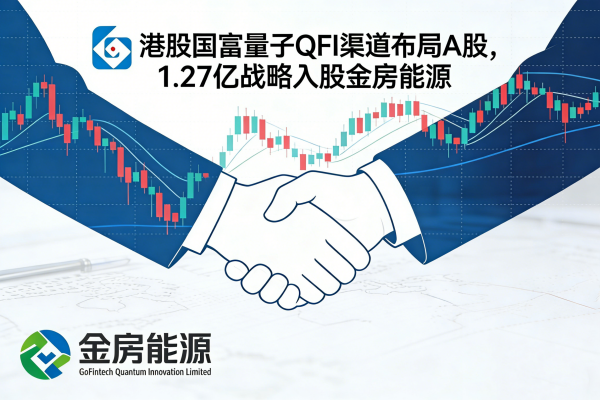BNY Report: Global billionaire family offices are turning to private equity and digital assets
According to Bloomberg, the "2025 Family Office Investment Insights Report" released by BNY Wealth shows that in the face of market volatility and geopolitical uncertainty, ultra-high net worth families around the world are accelerating the adjustment of asset allocation and tend to increase the proportion of non-traditional asset allocation.
The report shows that among the surveyed family offices with assets under management of more than US$1 billion, about two-thirds plan to further increase their allocation to private equity in 2025, an increase of nearly 70% compared with 2024. At the same time, the average allocation ratio of public market stocks in the portfolio has dropped to 19%, a year-on-year decrease of 28%, reflecting the rising vigilance against public market volatility and the macroeconomic policy environment.
It is worth noting that digital assets are gradually entering the mainstream vision of family offices. Data shows that 74% of respondents have allocated or are considering allocating digital assets, mainly due to the approval of Bitcoin spot ETFs in the United States and the expectation of potential regulatory clarification after the US election. The report believes that this trend marks that digital assets are gradually recognized by high-net-worth families and are regarded as one of the long-term investment tools.
In addition, in the face of inflation risks and geopolitical tensions, more than 60% of billion-dollar family offices said they would increase real estate allocations, especially commercial real estate, data centers and logistics warehousing assets with stable cash flow and inflation resistance.
The report is based on a survey of 282 family offices around the world, covering institutions with management scale ranging from US$250 million to US$5 billion, across North America, Europe, the Middle East and Asia.
The report concluded that high-net-worth families are actively looking for asset classes with stronger risk resistance and more flexible return structures, and the role of family offices in the global capital market will also become more diversified and proactive.









